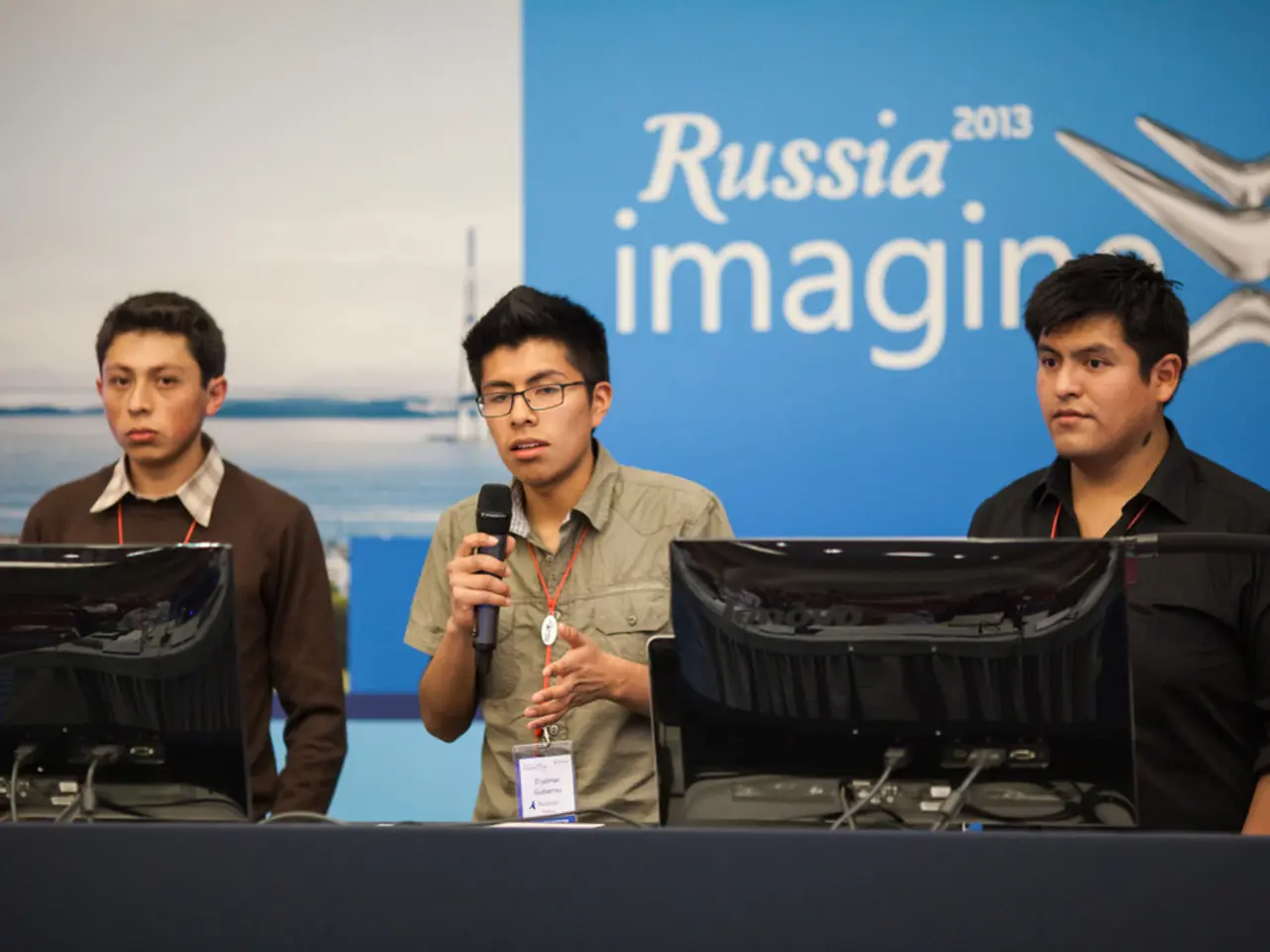Former leader Zurabishvili petitions EU intervention in Georgia's democratic predicament and Russian meddling
Former Georgian President Salome Zurabishvili has written a letter to the European Union's Foreign Ministers and Vice-President Kaja Kallas, urging immediate action in response to the deteriorating political situation in Georgia. In the letter, Zurabishvili calls for the EU to recognise the current state in Georgia as an authoritarian takeover with Russian influence, and to take firm political and possibly economic measures, including sanctions, targeting the ruling authorities.
The former President's appeal comes amid growing concerns that Georgia is eroding democratic institutions and shifting towards authoritarianism, with government forces increasingly aligned with Russian interests. Civil society groups, youth, and activists have been mobilising against this drift, resisting the authoritarian consolidation.
Zurabishvili's stance reflects a critical attempt to prevent Georgia's full regression into authoritarianism and safeguard its democratic future. She warns that the crisis threatens the EU's credibility, enlargement policy, and geopolitical influence, and that Georgia's current leadership is aligning with Chinese investment interests, particularly in the Anaklia port project, which may further serve Russian strategic objectives and challenge Western influence.
The situation in Georgia is described as a European crisis by Zurabishvili, who claims that the state is experiencing accelerated democratic backsliding, turning it into a quasi-totalitarian system. She accuses Russia of using a "hybrid strategy" to capture Georgia, including manipulated elections, propaganda, and indirect interference.
Zurabishvili's letter aligns with international efforts to pressure the Georgian government to uphold democratic norms and prevent the further deterioration of the political landscape. The European Parliament's Parliamentary Assembly (PACE) has engaged in debate regarding sanctions against the ruling party, Georgian Dream, in response to the ongoing arrests of opposition figures and democratic backsliding.
The appeal in the letter is likely to be aimed at the EU Foreign Ministers and Vice-President Kallas, ahead of the July 15 Foreign Affairs Council meeting. The former President writes that the time for strategic patience has passed and what is required now is moral conviction and political clarity. She appeals for firm support for the Georgian people, who remain committed to European integration despite rising repression.
This urgent stance reflects a critical attempt to prevent Georgia's full regression into authoritarianism and safeguard its democratic future. Comparing similar failed attempts by Russia, Zurabishvili mentions Moldova, Romania, and Serbia, and emphasises the need for the EU to take strong and immediate action to support Georgia’s democracy and its people.
- The former Georgian President, Salome Zurabishvili, has advocated for immediate action from the European Union (EU) to address the escalating political situation in Georgia.
- She has expressed concerns that Georgia is dismantling democratic institutions and drifting towards authoritarianism, with increased alignment of government forces with Russian interests.
- Zurabishvili's request comes as civil society, youth, and activists rally against this authoritarian consolidation, trying to resist the erosion of democracy.
- She has warned that the current crisis in Georgia poses a threat to the EU's credibility, enlargement policy, and geopolitical influence, with Georgia's leadership potentially aligning with Chinese investment interests, such as the Anaklia port project.
- The former President describes the situation in Georgia as a European crisis, citing the rapid deterioration of democracy, turning the state into a quasi-totalitarian system.
- She accuses Russia of employing a "hybrid strategy" to grip Georgia, using manipulated elections, propaganda, and indirect interference to achieve its objectives.
- Zurabishvili's plea is likely to target the EU Foreign Ministers and Vice-President Kaja Kallas, preceding the July 15 Foreign Affairs Council meeting, urging strategic action beyond patience and demanding moral support for the democratic aspirations of the Georgian people.
- Comparing Georgia with other failed attempts by Russia to exert influence in Moldova, Romania, and Serbia, she underscores the necessity for the EU to take prompt and decisive action to support Georgia’s democracy and its people.




